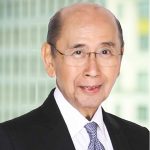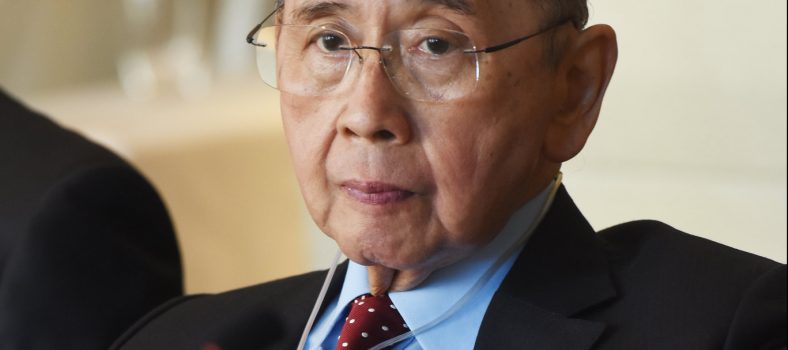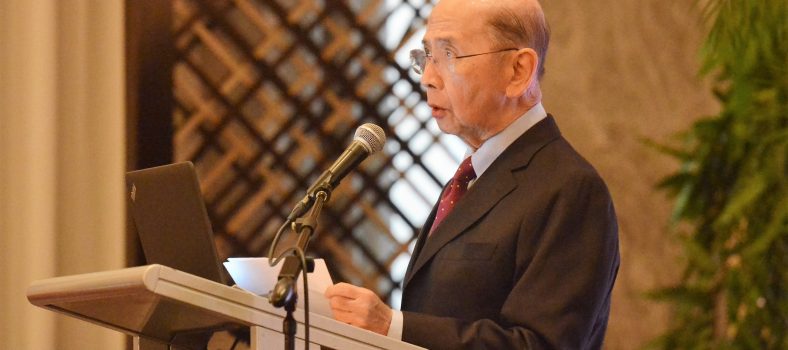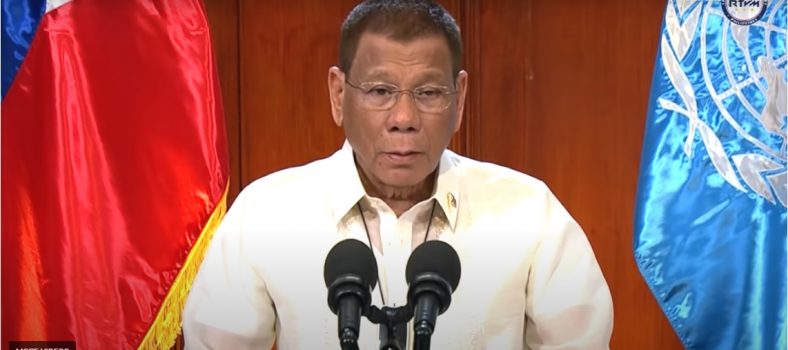Weekly Issues: Covid-19 Response in the Philippines
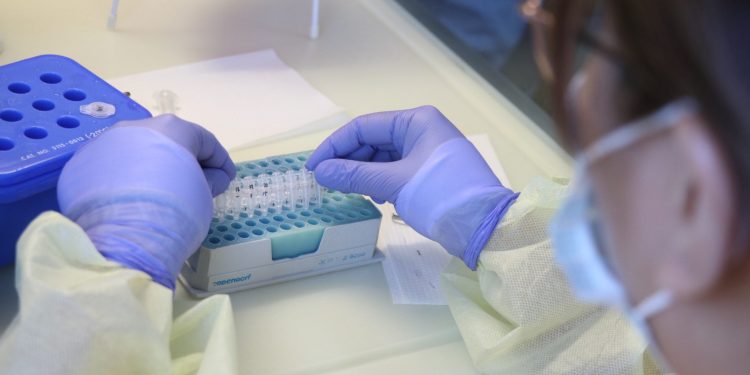
May 1, 2020
An Update by Ambassador Roberto R. Romulo
We are pleased to share the following excerpts from Ambassador Romulo’s recent column citing new Philippine government metrics for addressing the Coronavirus crisis, legal and administrative issues, and support from the U.S. government and private sector.
Filipino WorldView from The Philippine Star
President Duterte has extended the enhanced community quarantine to May 15. Despite sentiments of some including LGUs and businessmen, he personally listened to experts, scientists and former secretaries of health before he agreed with the Inter-agency Task Force for the Management of Emerging Infectious Diseases Resolutions (IATF). In general, the public supported that decision, although many complained about not receiving the promised food and cash grants to help them tide over the quarantine period.
The appointment of former Armed Forces of the Philippines (AFP) chief of staff General Carlito Galvez and current presidential adviser on the peace process as chief implementer of the National Action Plan has been widely hailed. The National Resilience Council had a roundtable discussion via Zoom with 200 plus participants. Former Major General Restituto Padilla Jr., the spokesman of the National Action Plan (NAP) COVID-19, was the keynote speaker. Padilla emphasized the need for a whole of society approach to addressing this crisis. Of particular significance were the four measures of success that the NAP had set for itself in fulfilling its mandate: 1) Reduction of new COVID cases. 2) Reduction of deaths. 3) Increase in recovered patients. And finally, 4) Normalization of the economy. These are clear and implementable metrics that the general public can understand and appreciate…
However, at the ground level though, there have been instances where overzealous implementation of the quarantine has led to disregard for legal rights and privacy. There are reports of homeless people, vendors and people who needed to go to work being arrested and detained for as long as two days when they should have been released after being booked…
It has also been reported that the DOLE labor official assigned in Taichung in Taiwan had arranged for the “deportation” of a caregiver with her employer and recruiter because she was critical of the Duterte administration’s handling of the pandemic crisis in her social media posts. This is a clear case of overreach and worse, forced a foreign government, who of course would not be a party to such action without a legal process being undertaken, to speak out. Manila Economic and Cultural Office (MECO) resident representative Angelito Banayo subsequently disavowed the labor official’s actuations…
Although the conversation between the President and US President Donald Trump on bilateral COVID-19 cooperation captured the media’s attention, what has not been given enough prominence is direct US assistance to our efforts to fight the pandemic. The US has, thus, far provided more than ₱470 million ($9.3 million) to support the Philippine’s COVID-19 response, in addition to 1,300 cots donated to the Office of Civil Defense and Philippine General Hospital. US assistance is also strengthening the capacity to detect, treat and defeat the virus. This complements nearly ₱30 billion ($582 million) in assistance the US has provided over the past 20 years to improve health care in the Philippines. This does not count the invaluable role that Filipino alumni of US educational grant programs are playing at the forefront of the country’s effort against the pandemic.
Finally, American companies in the Philippines are also doing their share in the fight against COVID. To cite a few examples, Ford is lending vehicles for medical use; UPS and FedEx are delivering critical supplies; Procter & Gamble and 3M are producing PPE; and Coca-Cola and Pepsi are supplying beverages for frontline workers. US companies CapitalOne, Marriott, Dow, Cargill, AIG, Google, Airbnb and Facebook are also providing assistance…
About the Author
Ambassador Romulo is a founding director of the US-Philippines Society. He chairs the Carlos P. Romulo Foundation for Peace and Development, Zuellig Family Foundation, Foundation for IT Education and Development (FIT-ED), Philippine Foundation for Global Concerns and Asia-Europe Foundation of the Philippines.
As a diplomat, he has been decorated by the governments of Belgium, Thailand, Spain, Chile, France and the Philippines. He is a graduate of Georgetown University with a Bachelor of Arts in Political Science and the Ateneo de Manila University with a Bachelor of Laws.

